Christmas Opening Hours
Dear clients,we remain here for you during the working days between the Christmas holidays.
 Diagnosing infertility
Diagnosing infertility
 Treatment
Treatment
 Methods of treatment
Methods of treatment


Používáte nepodporovaný, zastaralý internetový prohlížeč. Stránky v něm nemusí být správně zobrazeny, mohou být pomalé a nemusí správně fungovat. Zaktualizujte si prohlížeč nebo si nainstalujte nový. Doporučujeme použití některého z následujících prohlížečů: Google Chrome, Edge, Mozilla Firefox


IVF involves joining a woman’s egg and man’s sperm outside the woman’s body. For couples who fail to conceive using their own germ cells, donated eggs and sperm from suitable anonymous donors will be used for IVF.
Book a consultation
When a man has a low sperm count or poor-quality sperm and the woman meets one of the following conditions:

When the woman suffers from primary ovarian insufficiency or has no ovaries at all

When the woman has a low oocyte count or poor-quality oocytes
We are very pleased that we have been able to consistently achieve a high success rate and make our clients happy parents. Your happiness is our greatest reward.
The size of the clinic allows our medical specialists to approach each patient individually and guide couples through the treatment process or IVF, right through to pregnancy.

All donors are young and healthy men and women. The donation programme is voluntary and anonymous, and, by law, a child born this way has no right to learn the identity of the donors even after reaching the age of 18.
We completely understand your situation and we want to help you solve things right away. The whole process takes place within approx. 2 months.

Egg and sperm donation are legal in the Czech Republic and subject to strict control by state authorities. Egg donors are healthy women aged from 18-35, sperm donors are healthy men aged from 18-40. All donors undergo thorough medical examinations to assess their physical and mental health. Genetic testing (screening) is an integral part of these examinations, which reduces the probability of certain genetic abnormalities in both egg and sperm donors, together with tests for sexually transmitted diseases (HIV, hepatitis B and C, syphilis, chlamydia in donors).
Suitable egg and sperm donors are selected by our doctors on the basis of a jointly completed questionnaire. You will receive non-identifying information about the egg and/or sperm donor that preserves their anonymity (age, appearance, blood group, interests, etc.). Donation is anonymous, and, by law, a child born this way has no right to learn the identity of the sperm or egg donor even after reaching the age of 18.
Egg and sperm donors are compensated for accrued expenses associated with egg or sperm donation.



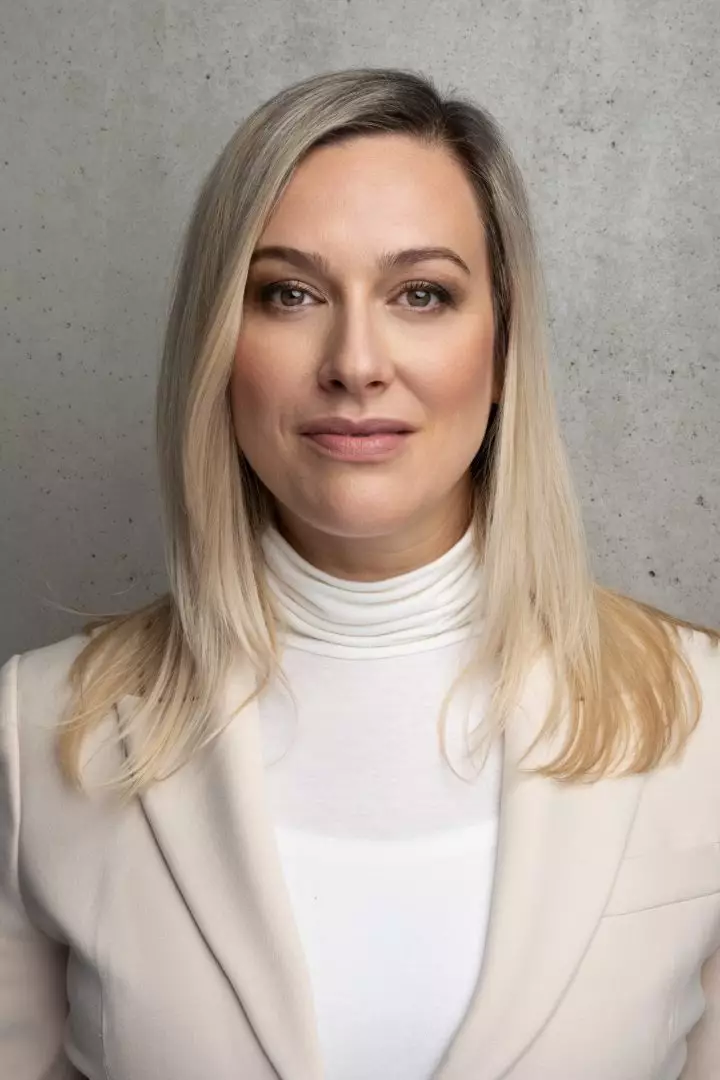
Your form has been successfully submitted.
We will get back to you as soon as possible.

What is the age limit for IVF?
IVF treatment can be performed up to the age of 49. We recommend not delaying treatment, as age is an important factor in successful IVF.
Why should I choose your clinic?
What is the usual age of donors?
Donors are usually aged 20-30. According to Czech laws, women up to the age of 35 can donate their eggs. We also have some donors who are over the age of 30, but have already successfully donated eggs, i.e., the recipients are pregnant or have already given birth to healthy children. These successful donors can continue to donate even after the age of 30.
News

Dear clients,we remain here for you during the working days between the Christmas holidays.
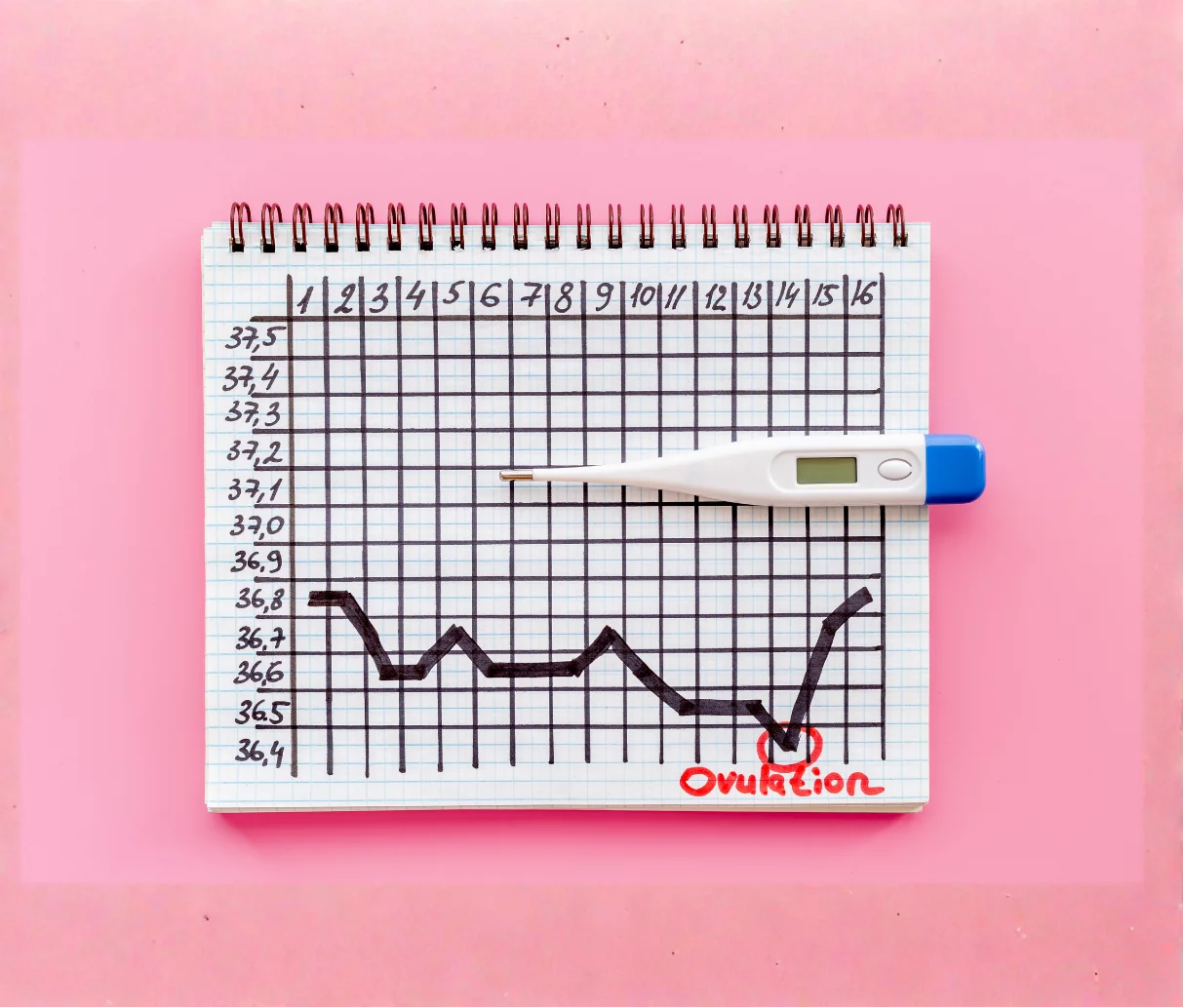
Planning for a baby? Whether naturally or with the support of IVF, proper preparation of the body can significantly improve your chances of success.In this article, we’ll explain why folic acid is important, how ovulation tracking works, what fertile days are – and the crucial role of progesterone.
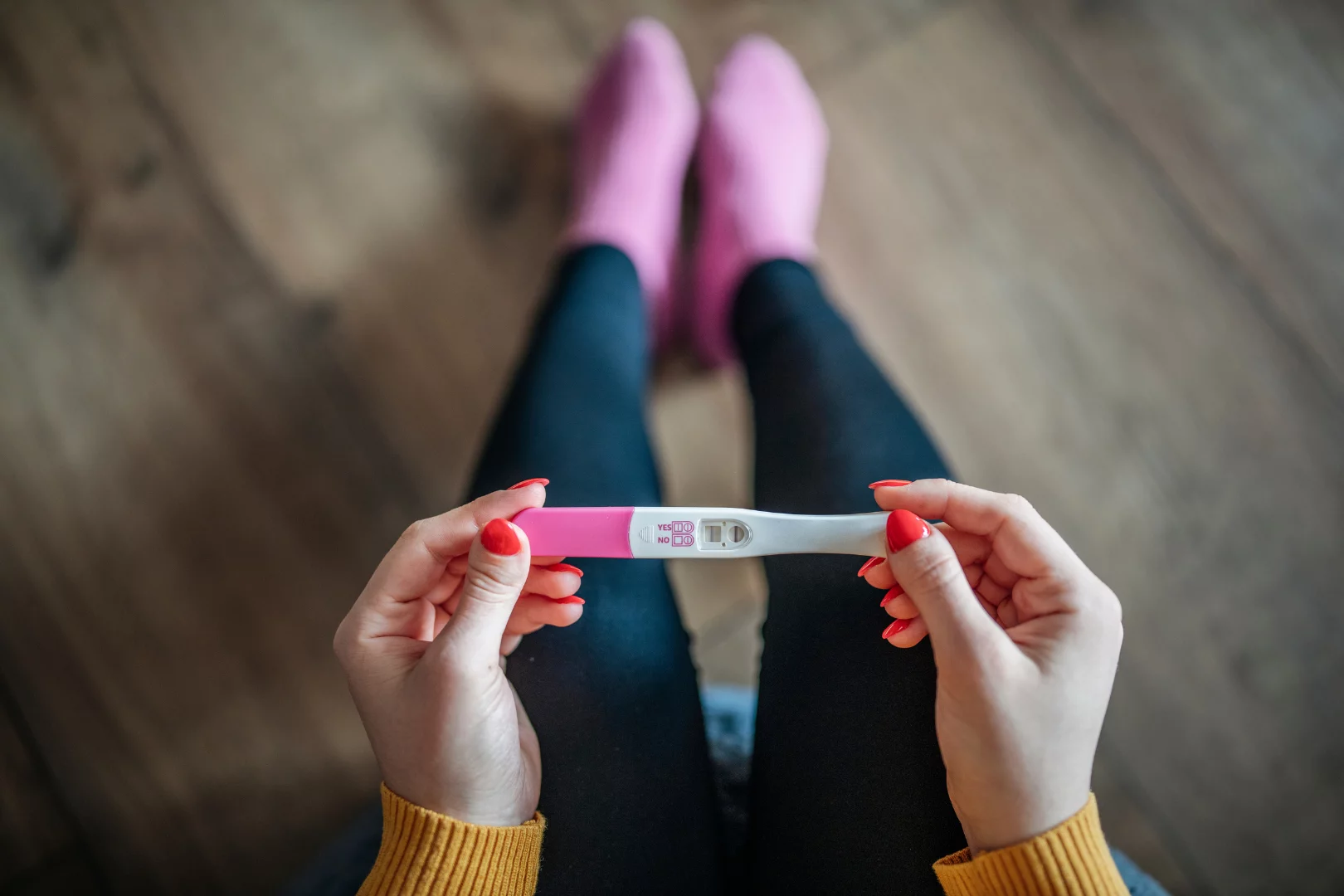
If you’re trying for a baby, the days after ovulation can feel full of hope and uncertainty — whether you're trying to conceive naturally, undergoing IUI, or waiting for results after an embryo transfer.
Each member of our team has many years of experience in the treatment of infertility at major centres of assisted reproduction in the Czech Republic and abroad. Experienced professionals increase our clients' chances of a successful pregnancy.
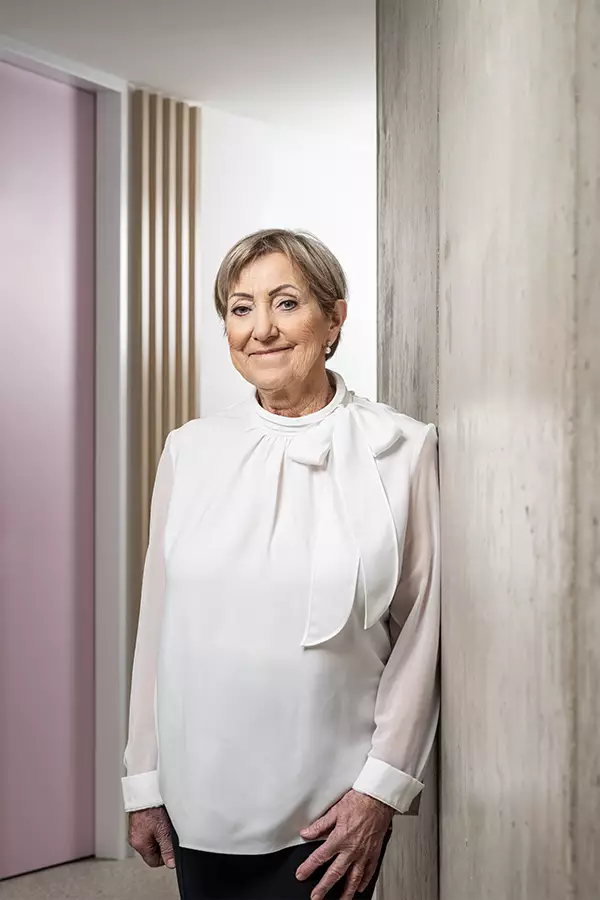
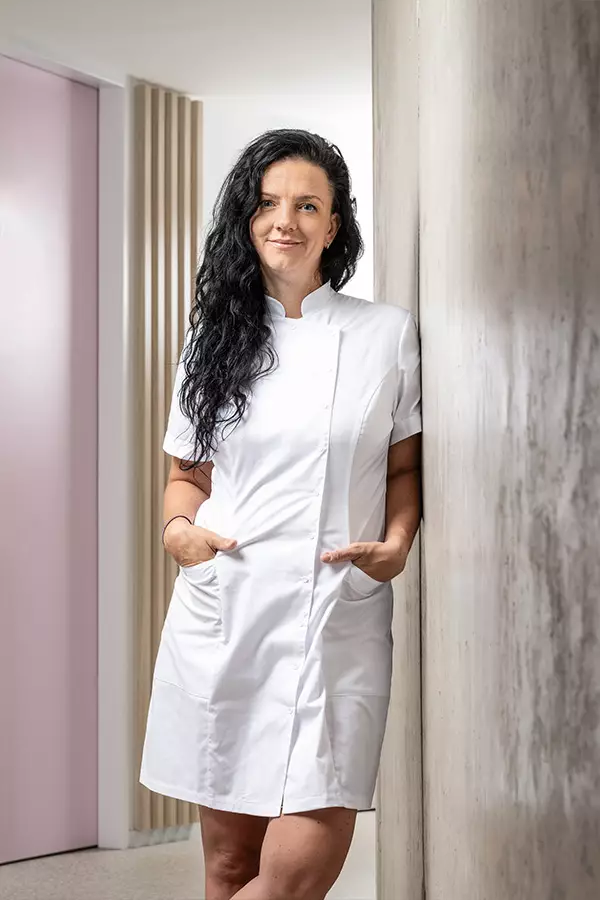
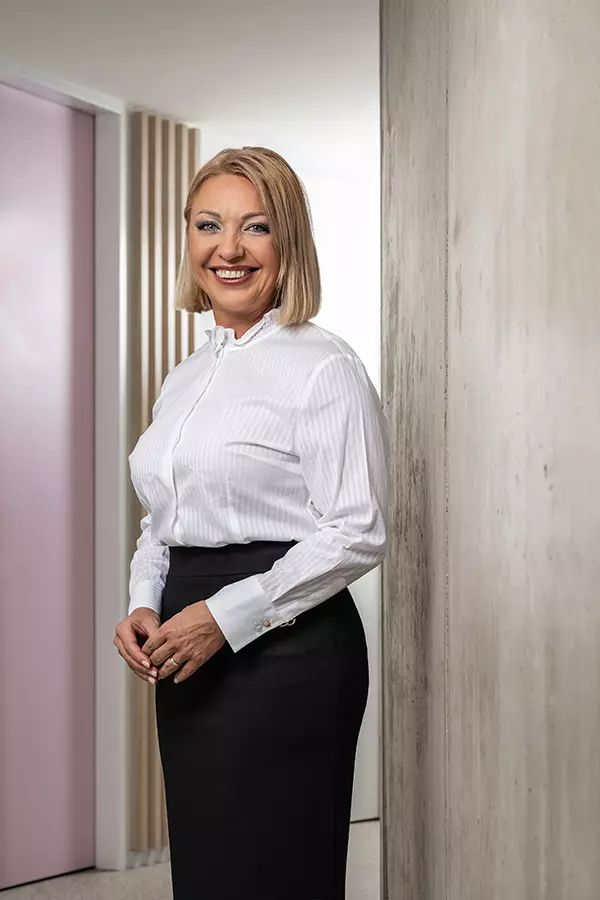
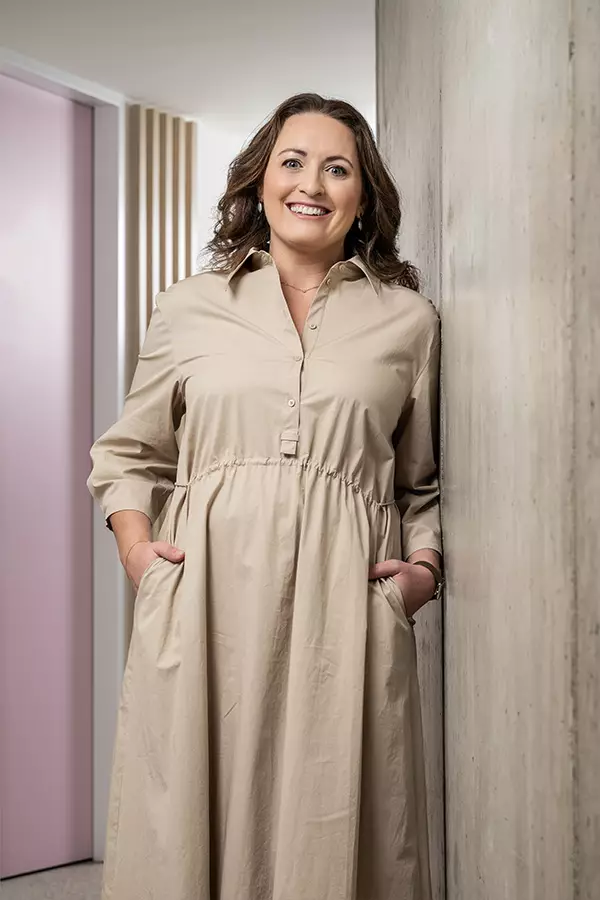
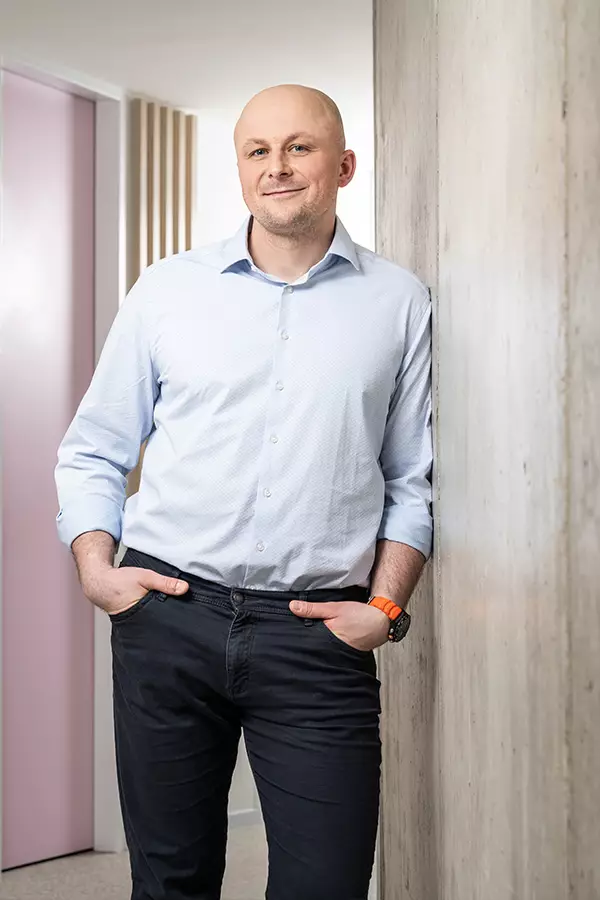

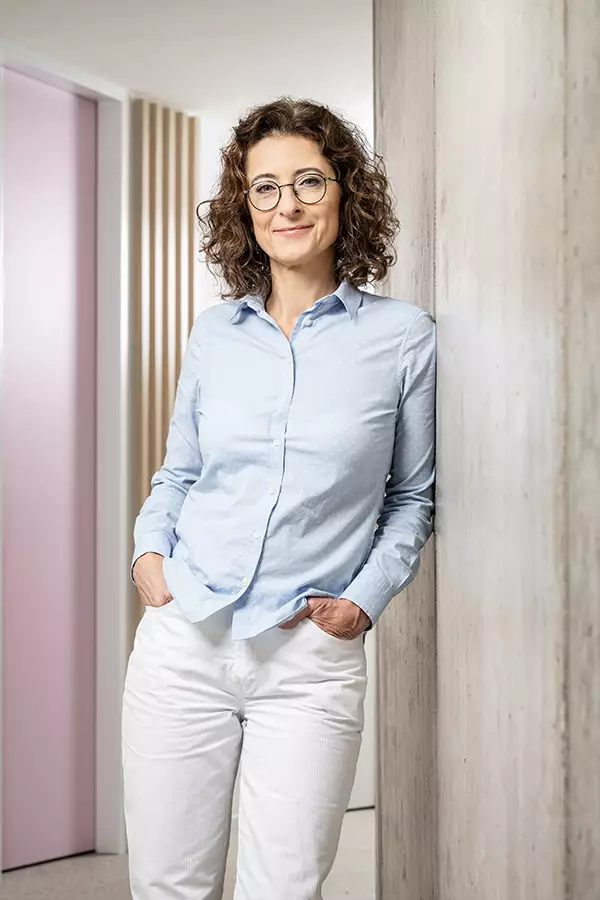
We will suggest suitable methods following an initial consultation with a doctor. In the meantime, you can compare their effectiveness.
KIR and HLA-C testing helps to reveal whether the embryo's surface antigens can activate the cells responsible for the proper implantation process in the uterus.
More informationSanakin® (ACRS – Autologous Conditioned Serum Rich in Cytokines) is a modern laboratory method that uses the patient's own blood.
More informationICSI is the injection of sperm directly into an egg. This significantly increases the chance of fertilisation.
More informationWe can increase the chances of pregnancy by selecting only the best quality embryos for transfer. We can identify these through continuous monitoring in EmbryoScope.
More informationIn the absence of live sperm in the ejaculate, there is the possibility of obtaining sperm surgically from the epididymis (PESA or MESA) or testis (TESE).
More information Všechny podpůrné laboratorní metody
I had an good experience at Europe IVF clinic in Prague and I highly recommend. A huge thank you to Giorgiana, the romanian coordinator, who guided me through every step of this process. Giorgiana was incredibly responsive, patient, and compassionate, answering all my questions and offering advice any time needed.
The clinic is modern, clean, and welcoming, with a calm and professional atmosphere. The staff were always friendly, and the medical team was highly skilled, explaining every procedure and ensuring I was comfortable and informed at all times.
Thanks to the expertise and care at Europe IVF, I am now expecting, and I couldn't be more grateful for the support I received from Giorgiana and the entire medical team.
If you’re looking for a fertility clinic in Prague, I would highly recommend Europe IVF. Their combination of advanced technology, excellent medical care, and personalized attention made all the difference in my journey.
Everything went perfectly! We would like to thank to the doctors and to Manuela, that helped us in a very friendly matter. She was very responsive to our questions, even during her free time. We would highly recommend this clinic for future couples that would like to obtain a pregnancy. We got results on the second try, so don't give up after the first one. There is a very big chance that the second time will be a success.
Recomandam clinica, tuturor cuplurilor ce trec prin aceeasi situatie prin care am trecut noi, pentru ca in final, a meritat tot efortul!
22. 5. 2023 - Europe Ivf team THE BEST OF THE BEST!! Thank you for the great experience and making the whole process smooth and easy for us!! I recommend to everyone who struggles to conceive to contact Europe Ivf, the whole team IS GREAT!! Especially i want to thank to our coordinator Alexandra for being there for us and helping us to get through the process and answering all our questions in timely manner!! Big thank you to Dr Tomilova for the professionalism and knowledge.